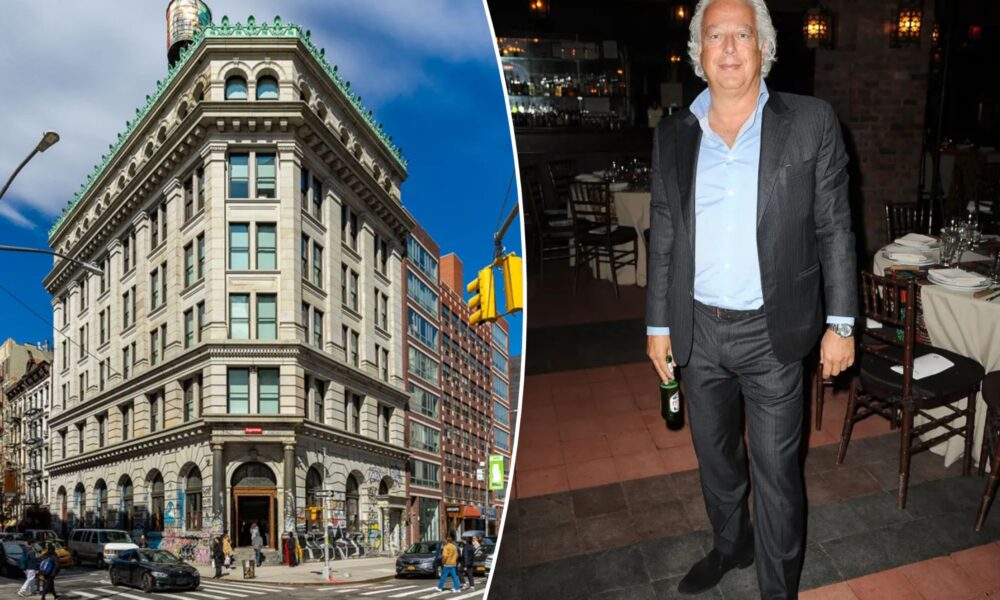The historic building at 190 Bowery is set to welcome its first long-term office tenant since the sale by renowned photographer Jay Maisel in 2015. The property, purchased by Aby Rosen of RFR Holding for $55 million, will soon be occupied by the co-working company Industrious. This marks a significant shift for a space that has largely remained vacant since its acquisition.
Industrious plans to establish its flagship location in this iconic, graffiti-covered building, which dates back to 1898. The company specializes in creating appealing workplace experiences and aims to transform the 33,231 square feet of office space available in the building. Natalie Levin, the real estate director for Industrious, described the new site as a “trailblazer footprint in the walkable, energetic NoLita and Lower East Side area.”
The building, which features a total area of 38,000 square feet, has been underutilized since Rosen bought it. Although various creative firms occupied parts of the space for shorter periods, the long-term commitment from Industrious is expected to bring stability to the property. The ground floor remains home to the trendy clothing store Supreme, further enhancing the building’s appeal in a vibrant neighborhood.
Rosen undertook modernization efforts after acquiring the property, updating its systems and preserving the graffiti on the lower floors as a nod to its artistic heritage. The upper floors, however, were cleared of graffiti to enhance the interior. AJ Camhi, the leasing chief at RFR, emphasized that the building represents “an evolving work of art” and provides a unique opportunity for Industrious to curate a workplace experience in one of New York’s most storied locations.
The asking rent for the office space was set at $95 per square foot. RFR was represented by Camhi and an in-house team, along with a team from JLL. Levin negotiated on behalf of Industrious, highlighting the growing interest in flexible office solutions in prime locations across New York City.
This development reflects a broader trend of adapting historic spaces for modern use, showcasing how traditional architecture can coexist with contemporary business needs. As 190 Bowery prepares for this new chapter, it stands as a testament to the dynamic evolution of urban spaces in New York City.







